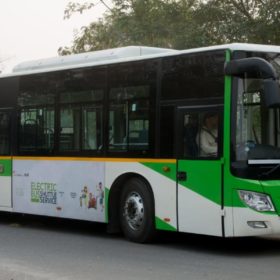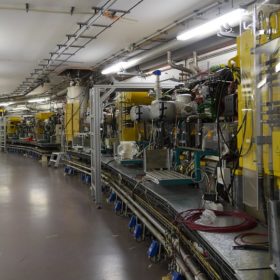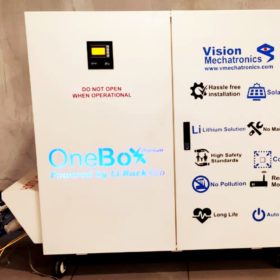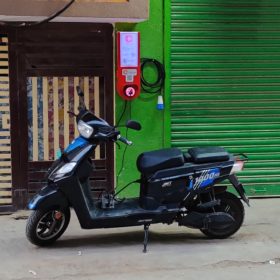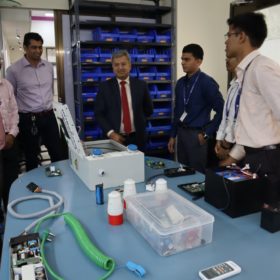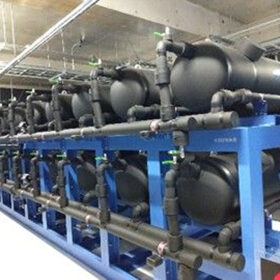The EV story in post-Covid India
The near-term outlook for electric vehicles (EVs) remains bleak owing to supply and demand headwinds coupled with the expectation of sluggish investment to scale up the support ecosystem.
Tata Power aims to set up 700 EV charging stations this fiscal
Under the brand name EZ Charge, Tata Power has already installed 170 fast and smart-charging points for electric vehicles in more than 20 cities across the country.
Globally, electric vehicles show more resilience than conventional cars during Covid-19 shock
EV sales are set to be 1.7 million off because of the economic fallout of the Covid-19 crisis, however analyst BloombergNEF predicts that will be less of a hit than the anticipated fall in sales of conventional cars, increasing the penetration of electric models into the overall market.
BHEL wins electric bus order for Uttar Pradesh
The entire cost of charging infrastructure for these electric buses—including cost of charging equipment and installation—shall also be borne by Bharat Heavy Electricals Limited.
Tata Power to set up EV infrastructure for Jaguar Land Rover
Tata Power will install a range of AC and DC chargers, starting from 7 kW to 50 kW capacity, for Jaguar Land Rover’s electric vehicles to be launched in India.
Speeding up energy storage with pseudocapacitors
Scientists at Germany’s Helmholtz Zentrum Berlin have made a discovery they say could greatly increase the energy storage capacity of titanium-based ‘MXene’ pseudocapacitors, ultimately leading to faster-charging batteries. The group found adding urea molecules between MXene layers increased the material’s storage capacity by up to 56%.
A plug-and-play solar-powered battery back-up solution for the home
The OneBox, from Indian manufacturer Vision Mechatronics, consists of a lithium battery, hybrid inverter and solar charge controller to give a hassle-free solution for electricity back-up during power outages. Solar rooftop owners are offered a grid feed feature to maximize net metering income from any excess power generated.
Startup launches cheapest EV charger, plans to install 100,000 units in a year
Having bagged orders for 470 chargers in pilot stage itself, Bengaluru based electric scooter startup FAE Bikes plans to aggressively expand its IOT enabled EV charging network. The chargers—costing just Rs 10,000—can be set up anywhere including small shops and homes with standard power supply.
EESL, BHEL partner on EV charging infrastructure for highways
BHEL’s scope of work includes complete engineering, procurement and construction (EPC) solutions from concept to commissioning of EV charging stations. EESL, on the other hand, will make the entire upfront investment on services, along with the operation and maintenance of the infrastructure.
Magenta Power opens R&D centre for EV chargers and energy informatics
The R&D facility in Navi Mumbai will house three automation labs to ensure EV charger design and development as per the international quality and safety standards for cells and battery packs, rapid prototyping, and reliability and environmental tests.


